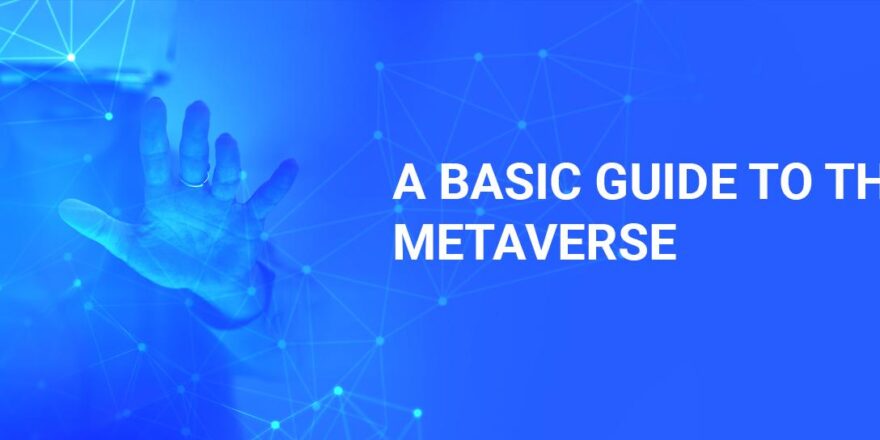The COVID-19 pandemic has been responsible for significant economic and personal disruptions. A dramatic change occurred when consumers realised the importance of digital shopping, which gradually culminated in what McKinsey & Company termed the “homebody economy”. With people staying home, buying online became the norm alongside spending more. The unthinkable occurred when purchases for expensive appliances, video games, home-office supplies, and other essentials shot up.
As the pandemic recedes, consumer behaviour continues to morph and shift, posing challenges to marketing professionals who have to adapt to demanding consumer requirements constantly. This is because people still spend more time at home, saving their money and spending better on items such as long-lasting home essentials with online shopping habits. If the disruption brought an online awareness, it also transformed consumers’ psyche where choice and selective shopping emerged, and their needs began changing more rapidly than ever. It is primarily due to this that marketers are facing an invisible pressure to discover new ways to capture consumer attention.
What strategies can marketers use to respond to these shifts in consumer behaviour?
Engaging clients through digital platforms is the most apparent shift that marketers must embrace. While the trend has carried on for many years, the approach is new, especially for the consumers who have discovered online shopping flexibility. Given that most customer behaviour now takes place on digital platforms, marketers must find new strategies to expand the reach and impact of online marketing. This could mean digitally diversifying across marketing channels to engage more contemporary audiences and strategically using advanced data analytics to target marketing efforts constructively. In collaboration with other departments, marketing professionals must enrich and design the consumers’ online buying journey through content personalisation, cutting-edge social media platforms, and AI-powered engagements.
Pay attention to shifts in consumer behaviour and mood.
People now have stronger ties to their families, friends, and neighbourhood businesses. Customers’ mistrust of brands appears to increase due to the pandemic. Therefore, brands must buck that trend by stepping up and taking customer-focused measures to rebuild trust.
Understanding how and why customers act the way they do is critical. Voice of Consumer or VoC programmes should be set to listen for mentions of COVID-19 or other shifts. Monitor client conversations about health issues or information requirements pertinent to your brand using social listening. Find out what the sales and account management teams have to say about the situation. Keep an eye out for changes in worries or sentiments in customer support emails, phone calls, and chat sessions.
Your response should be balanced. While being truthful about what the company can and cannot do at this time, marketers must support customers and safeguard business relationships. Avoid taking measures that will undermine customer trust in favour of the company’s short-term stability or benefit.
Consider the impact on operations
During this crisis, there were several obstacles to delivering goods and services. On one side, it was reduced supply caused by closed factories and disturbed supply chains, and on the other was the increased service demand caused by customer inquiries. While adhering to the brand’s ideals, marketers must modify their communications to reflect the reality of the marketplace.
Organise your promises and guarantees. Establish realistic standards for service quality, product availability, and other factors. If you are unsure whether you can produce and deliver a product, think about removing your advertising campaigns. Consider logical modifications when evaluating present policies, like allowing cancellations or extending payment periods.
Make the most of your marketing budgets. Spending priorities must be established across the board for the entire firm. Seek out opportunities to increase efficiency (such as by looking for contract overlap in agency or marketing technology agreements) and to scale down or delay commitments that won’t provide value in the current context.
Remodel the marketing plan to adapt to post-pandemic scenarios
Over the next months, more people will still be spending time at home. Consumers seeking support can find uplifting, educational and motivating information from brands. Additionally, now might be an excellent time to relaunch or release projects like VR.






